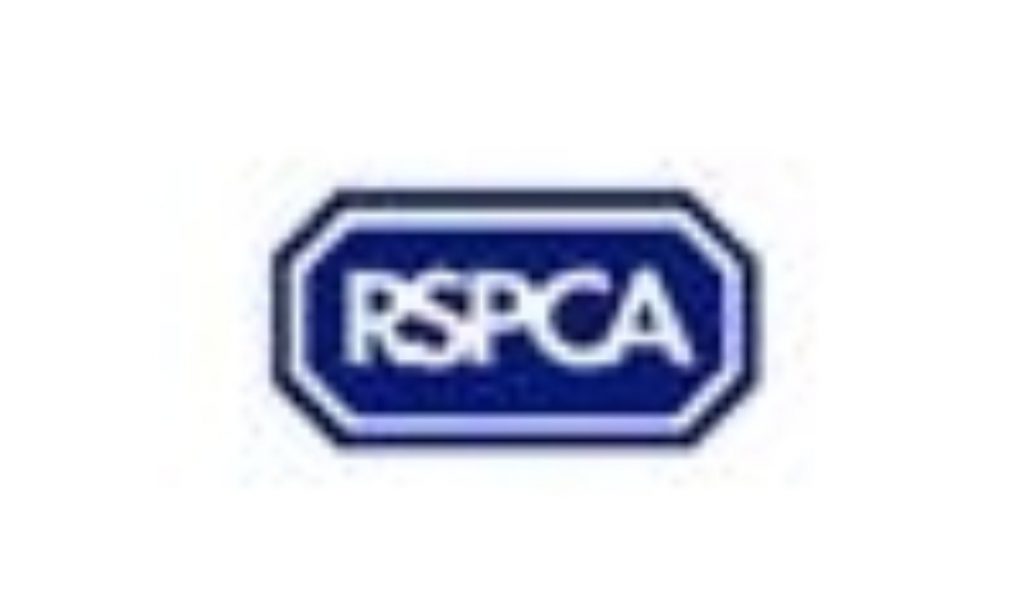RSPCA: Freedom Food sees rise in turkey numbers this Christmas and urges more consumers to choose higher welfare
More Freedom Food labelled turkeys than ever will be on sale in supermarkets up and down the country this Christmas, as consumers continue to step up demand for higher welfare products.
The number of turkeys reared under Freedom Food to the RSPCA’s higher welfare standards, has almost tripled in the last two years from 332,000 in 2007 to 984,000 birds this year.
This news follows research from grocery analysts IGD, ‘Shoppers in 2012’ (August 2009), which revealed that, despite the recession, a third (34%) of shoppers expect to be buying more foods with high animal welfare standards in the future. IGD research has also shown that interest in animal welfare is growing – while price remains the biggest influence on people’s food choice, animal welfare is the fastest rising factor.
However, despite this rising concern for farm animal welfare and the increase in Freedom Food labelled turkey, most of the 19 million turkeys currently produced in the UK are still being reared to welfare standards that the RSPCA finds unacceptable.
Alice Clark, RSPCA farm animal welfare scientist, said: “Progress is certainly being made with more turkeys being reared to the RSPCA’s higher welfare standards than ever before, but there is still some way to go.
“We have real concerns about the way in which the majority of turkeys in the UK are raised. We would like to see all turkeys farmed to RSPCA standards where they are able to move around freely and perform their natural behaviours.”
“Consumers can easily help improve the lives of turkeys and show they care by choosing only higher welfare birds this Christmas, like those labelled Freedom Food.”
In response to these concerns – and the high number of turkeys and other poultry, meat, salmon, eggs and dairy products purchased during the festive season – Freedom Food has launched a Christmas website with information about farm animal welfare and where to buy festive food carrying its logo. Visit www.freedomfood.co.uk/scrumptiouswithscruples to find out more.
Freedom Food labelled turkeys can be free-range or reared indoors provided the RSPCA’s strict welfare standards are met.
For all media enquiries please contact Rebecca Lenik in the Freedom Food press office on 0300 123 0134 or 0300 123 0244/0288.
(-ends-)
Notes to editors
Did you know?
· Turkeys have good hearing but no external ears.
· Turkeys can see in colour and have a wide field of vision of about 270° (humans have just a 90° field of vision).
· Domesticated turkeys cannot fly, however wild turkeys can fly for short distances at speeds of up to 55 miles per hour.
· The turkey was first roasted on 27 June 1570 at the wedding feast of King Charles XI of France.
· The average weight of a wild turkey is about 7.5kgs. However through selective breeding, a standard male domesticated turkey can weigh as much as 25 kilogrammes (approximately the weight of a small Labrador).
Freedom Food turkeys:
Freedom Food turkeys can be free-range or reared indoors provided the RSPCA’s strict welfare standards are met. They are given much more space to move around than most turkeys and are reared throughout their lives to the RSPCA’s higher welfare standards – which go beyond baseline industry requirements in many key welfare areas.
RSPCA welfare standards include the following requirements:
· Space allowance: The standards require that all turkeys reared under the scheme must have enough space to move around and express their natural behaviour – at 25kg/m2 this is typically over twice the amount of space per bird than that provided by the turkey industry’s own standards (NB for 14kg turkeys, QBT recommend a stocking density of 52.5kg/m2).
Why? More space allows them to stretch and spread their wings and helps to prevent problems associated with overcrowding such as lameness.
· Enriched environment: The standards require that all birds reared under the scheme must be given items that provide a more interesting environment and help encourage activity – including straw bales, perches and lengths of rope – the turkey industry’s own standards do not require this.
Why? Turkeys are very inquisitive animals, and such items can promote good health by encouraging natural behaviour and activity, which can help develop strong legs.
· Lighting: The standards specify that all Freedom Food turkeys must have good lighting during the day. This lighting is typically up to four times brighter than that provided by the turkey industry’s own standards. The lower level lighting, permitted under industry standards, encourages birds to grow faster, which can be detrimental to their health.
Why? Good lighting encourages normal active behaviour, helps turkeys to develop good eyesight, and allows them to find their food and water more easily.
· Freedom Food assessment: All Freedom Food approved turkey farms are subject to rigorous annual assessments by Freedom Food assessors to ensure that welfare standards are being met. They are also subject to monitoring visits by the RSPCA’s farm livestock officers. Traceability checks are carried out on Freedom Food labelled products, where an assessor will pick the product off the supermarket shelf and trace it back to the farm it came from.
(-ends-)
RSPCA, Wilberforce Way, Southwater, Horsham, West Sussex RH13 9RS
Press office direct lines: 0300 123 0244/0288 Fax: 0303 123 0099
Duty press officer (evenings and weekends) Tel 08448 222888 and ask for pager number 828825
Email: press@rspca.org.uk Website: www.rspca.org.uk





-01.png)